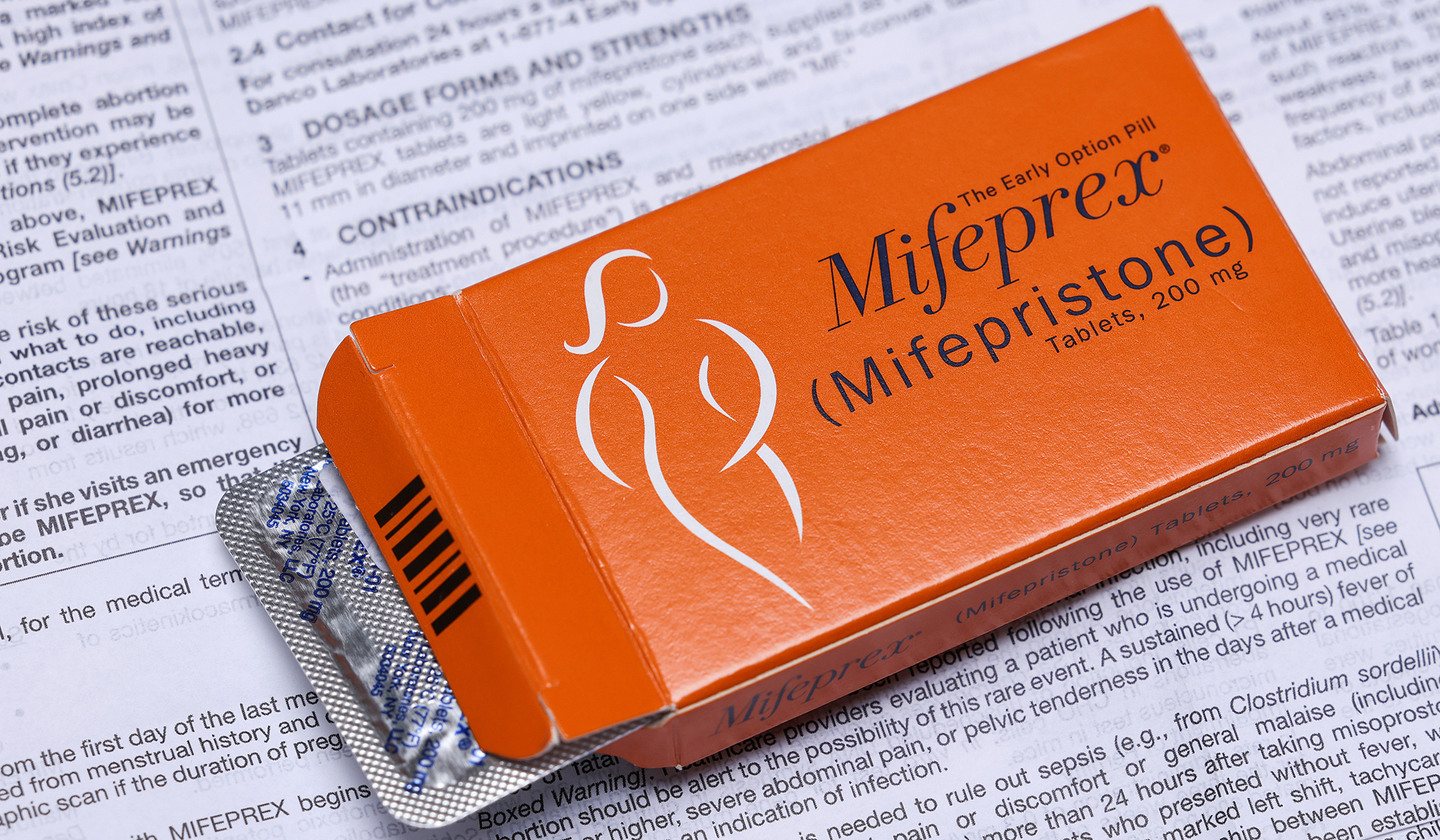
In 2000, in the last months of the Clinton administration, the Food and Drug Administration approved the mifepristone-based abortion pill commonly known as RU-486 or Mifeprex. From the beginning, the pill was given favored regulatory treatment, with accelerated approval under Subpart H, a program designed for emergency AIDS drugs. Utilizing this fast-track approval process required the FDA to characterize pregnancy, preposterously, as a “serious or life-threatening illness.”
A legal challenge was filed with the FDA in 2002, as is generally required before filing suit, and the agency sat on it for nearly 14 years in order to thwart judicial review while the pill expanded its market share. The mifepristone pill, once a sideshow in the national abortion debate, has become a central battleground. It now accounts for a majority of all U.S. abortions. Meanwhile, the safety and reporting protocols put in place were watered down by the Obama FDA on its way out the door in 2016, and by the Biden administration in 2021, initially using the pandemic as its all-purpose excuse, then dropping that excuse a few months later to make the emergency rules permanent. Pandemics, what can’t they do?











